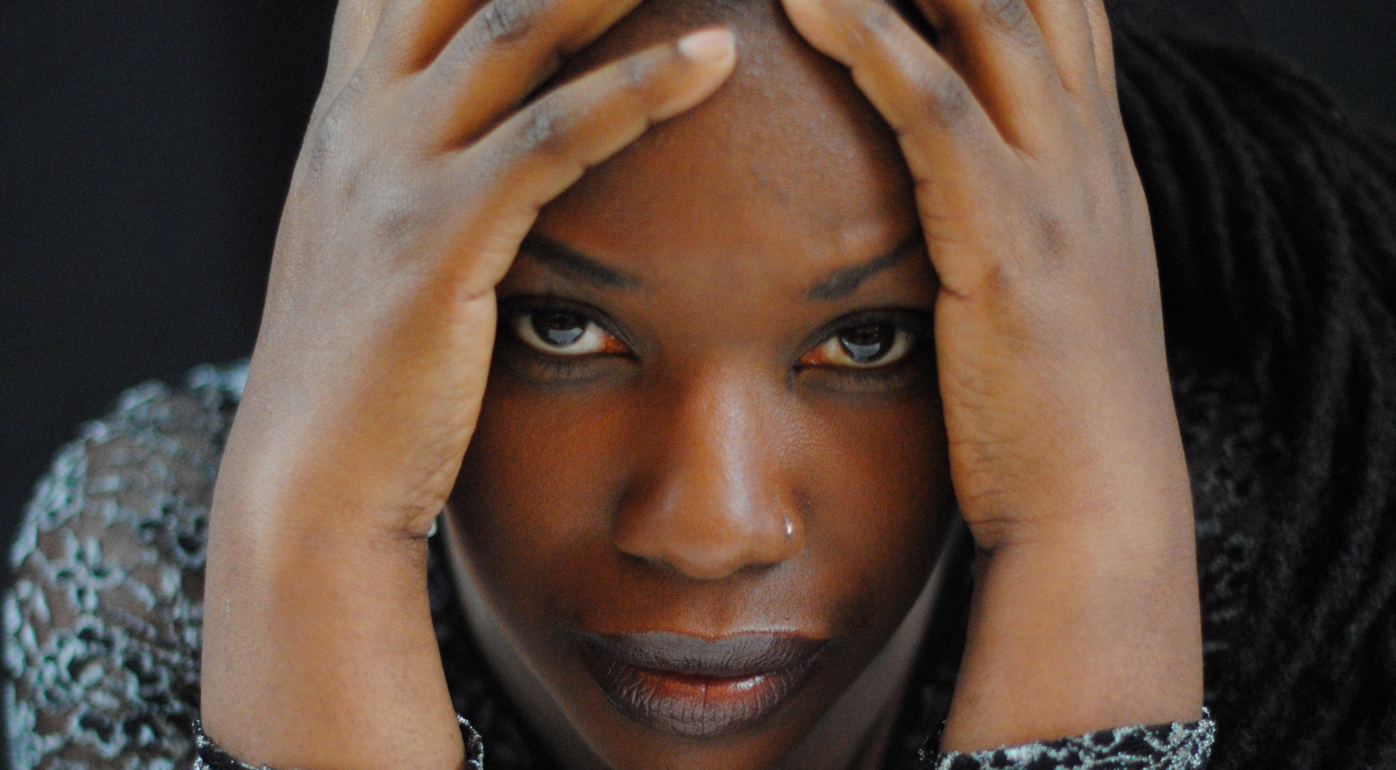This was one of those projects that, had it come up and I wasn’t involved in it, I think I’d be slightly jealous! I have a personal interest in the First World War, and specifically in the Caribbean contribution. I was really excited and happy to be asked to take part.
I knew about the West Indian regiment beforehand, because I’ve been performing a play called Raising Lazarus about a relative of mine who fought in the First World War. I enjoyed the chance to delve into the archives and do some more research, and I actually took the opportunity to write a bit of a poetry epic that I’ve been planning to write for a long time but never had a reason to write.
Telling these untold stories is paramount. I don’t know if I can even express how important I think it is. We have so much respect for history – Britain has a lot of respect for history. It’s things we’re all taught, but it’s about what side of history is taught. We’re such a multi-cultural country, and there’s a multi-cultural history – it’s not black history or white history, it’s British history. History that we should all know.
Telling these untold stories is paramount. I don’t know if I can even express how important I think it is.
Sometimes, I think what that does is cause a divide because we don’t know how invested we all are in this country, historically. I remember learning about the First World War at school and being bored, and just having no connection or interest in it. I didn’t know that I had a relative who’d actually left Grenada, where my mother was born, and come to England to fight. Imagine if I’d known that, or if all the Muslim kids in my class knew about the Muslims who died fighting during the First World War. There’s all these things that connect us to this country, and we don’t know them.
It’s a good fresh perspective, too. You hear the same stories about war again and again and again. So learning about this war in a different way and from a different space is really valuable. I’ve just done a course on black presence in London pre-1948, so pre-Windrush, and again I learnt about people, politicians, broadcasters, all kinds of people who I knew nothing about. It actually makes me feel more connected to this country, which might sound weird, but it makes me feel more invested. And I think that’s really important when you look at third or fourth generation immigrants and how we make them feel like they belong. It’s actually about going back to see how to go forwards.
There’s all these things that connect us to this country, and we don’t know them.
No soldiers are necessarily treated well, but it was challenging to find out more about the Caribbean men who signed up in the First World War. Learning about their treatment, thinking about all these people leaving their homes, their warm country, and having to face the things they had to face… there’s a lot of stuff I didn’t write about. I think I spent time thinking about the anonymous people, and all the lives that were lost that have never been celebrated or recognised, and the impact that these men going off to fight and not coming back must have had on the Caribbean. There are so many horrors – the racism, the fighting, what they went through. It’s hard to investigate that and to put yourself in their shoes and think about that. And then there’s the wider picture and the impact on the women left behind, the children left behind.
We need more of this. I hope that when the centenary is done, that isn’t just it. I think this has shown that there’s so many more stories to tell. There’s so much I could write – I could write a whole book of poetry on the Caribbean experience of the First World War. I hope this whets people’s appetite rather than this being it. How many World War One stories and novels and poems are there? Thousands and thousands. Maybe with the black experience we won’t get up to thousands, but we definitely need hundreds.
Unwritten Poems is part of 14-18 Now’s First World War centenary commissions and is a partnership project with BBC Contains Strong Language, the British Council, Nine Arches and Wrecking Ball Press. It asks Caribbean and Caribbean diaspora poets to respond to the Caribbean engagement in the First World War, and in so doing to think about what it means to be made invisible within a larger international collective memory of that event. Kat Francois was speaking to Eleanor Turney.
As the world commemorates the centenary of the Armistice that brought the First World War to an end, the British Council is participating in Remembrance and exploring the role of culture in conflict resolution and peacebuilding today. https://www.britishcouncil.org/working-towards-peace
